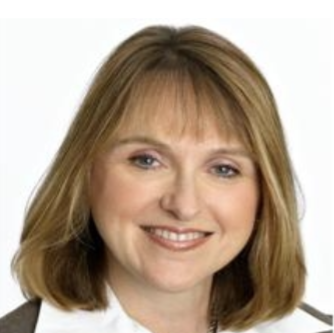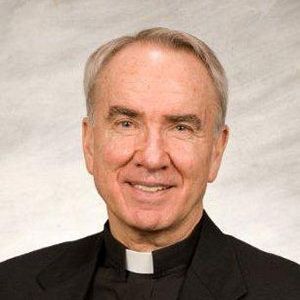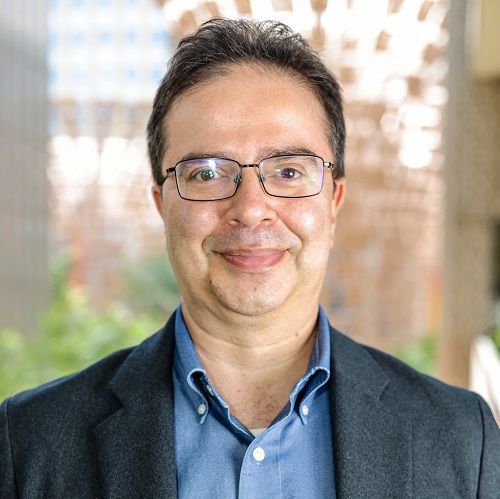Overview
The Foundation for the Global Compact is based on the principle that public-private collaboration is essential to find lasting solutions to pressing global problems. Established in 2006, we are incorporated under the laws of New York State as a not-for-profit corporation. The Foundation provides vital financial, operational and programmatic support to the United Nations Global Compact and its activities around the world.
Learn more about the United Nations Global Compact
More than 80% of every dollar spent goes toward shaping a sustainable future.
Since 2000, corporate sustainability has increasingly entered mainstream decision-making. A vanguard of companies in all key markets is taking action, helped by activities of UN Global Compact activities at national, regional and global levels.
By supporting the Global Compact, funders play a crucial role in advancing sustainable business models and markets.
All Global Compact operations, programmes and activities are made possible by voluntary contributions from Governments to the UN Global Compact Trust Fund and from business and the private sector to the Foundation for the Global Compact.
Relationship with the United Nations
The Foundation is a non-profit entity incorporated under New York State law. It is authorized to fundraise in support of the Global Compact initiative. Its relationship with the United Nations is set out in a Memorandum of Understanding (MOU).
A summary of the main provisions of the MOU follows:
The Foundation's main functions are:
- Fundraising to support the Global Compact initiative
- Providing financial and programme support for the Global Compact initiative and its activities
- Promotion and advocacy of the Global Compact initiative and its principles.
The MOU provides that the Global Compact and the Foundation work together in the following ways:
- They collaborate in the planning and implementation of fundraising activities for the Global Compact initiative
- The Global Compact Office keeps the Foundation informed of its ongoing and planned activities
- The Global Compact Office invites representatives of the Foundation to relevant Global Compact meetings
- The Global Compact Office provides appropriate recognition and acknowledgement to the Foundation
The MOU gives the Global Compact Office the right, in consultation with the Foundation and under reasonable circumstances, to monitor and evaluate the progress and implementation of the activities and programmes of the Foundation in support of the Global Compact initiative.
The MOU also addresses matters such as the circumstances under which the Foundation may use the Global Compact's name and logos.
The Foundation is separate and distinct from the United Nations, including without limitation the Global Compact Office, it is not to be considered, for any purposes whatsoever, as being a United Nations entity or a part of a United Nations entity. The Foundation will consider the input of the Global Compact in connection with its fundraising, which will be conducted in a manner that respects the dignity, international character and status of the United Nations. The primary beneficiary of the contributions solicited or the grants received by the Foundation shall be the Global Compact initiative and activities in support of the Global Compact.






